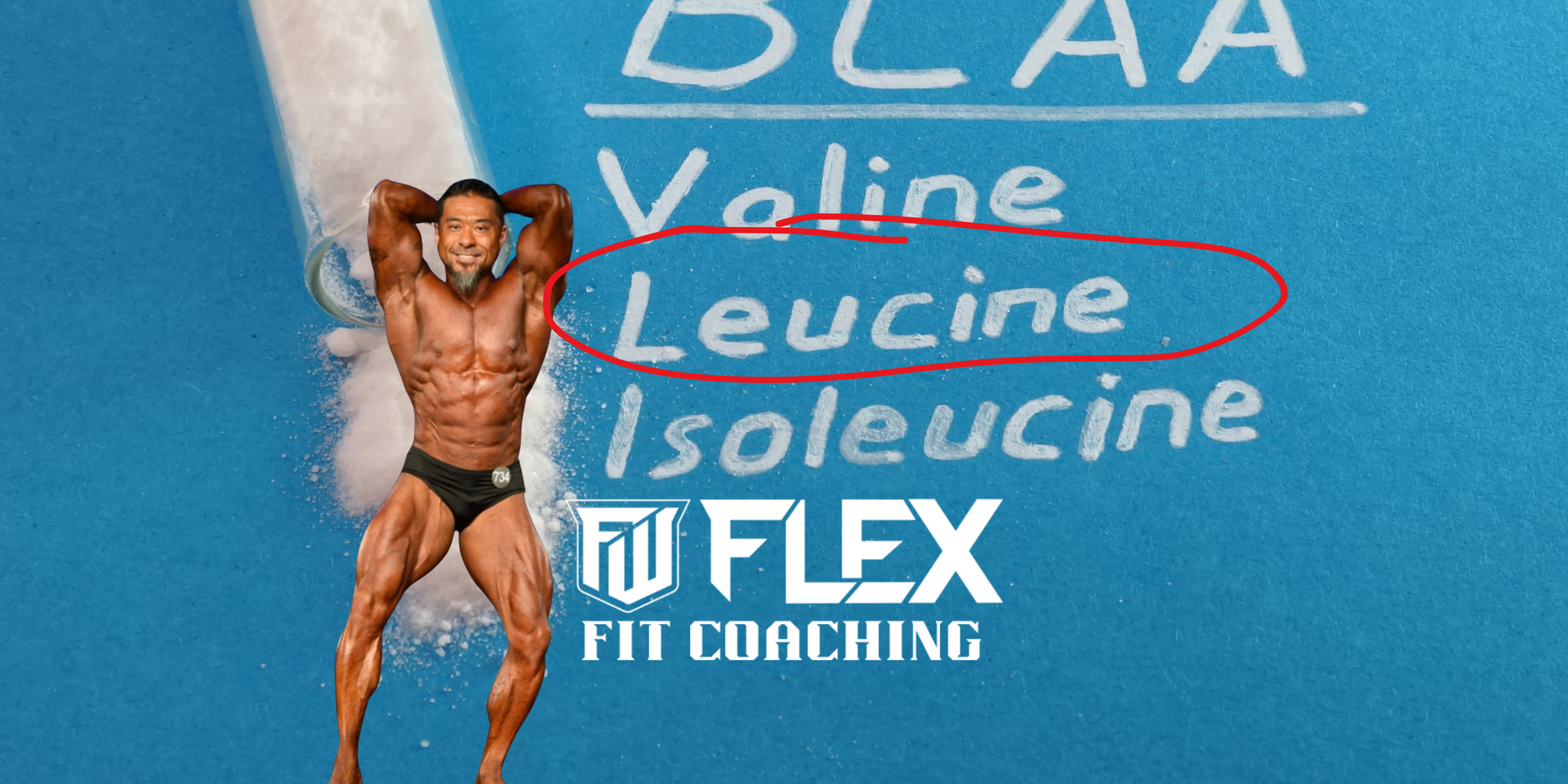Vitamin D and Your Testosterone
Vitamin D and Testosterone: A Crucial Connection Backed by New Research

Vitamin D and Testosterone: A Crucial Connection Backed by New Research
New research is continuing to highlight the importance of vitamin D—not just for bone health or immune function, but also for hormone regulation, specifically testosterone metabolism. Several studies now suggest a strong relationship between vitamin D levels and testosterone production, with even seasonal changes in sunlight exposure playing a role.
One study involving U.S. male soldiers and veterans found that men with the lowest vitamin D levels also had significantly lower testosterone levels. ("Association Between Vitamin D and Testosterone Levels in US Male Soldiers and Veterans") Another study of professional soccer players noted an increase in both vitamin D and testosterone concentrations after 10 days of sun exposure followed by six weeks of vitamin D supplementation. ("Effect of Vitamin D Supplementation on Testosterone Levels in Professional Soccer Players")
While these findings are promising, not all studies show a consistent link. Some researchers found no significant correlation between vitamin D and testosterone levels. ("The Relationship Between Vitamin D and Testosterone in Men: A Systematic Review") These mixed outcomes underscore the need for continued research, but they also point to the potential for a meaningful connection in certain populations or contexts.
Interestingly, vitamin D levels tend to fluctuate with the seasons, due to varying levels of sun exposure throughout the year. ("Seasonal Variation in Vitamin D Status and Its Effect on Health") However, not all studies show a corresponding seasonal shift in testosterone levels. ("Testosterone Levels in Men Do Not Follow Seasonal Patterns Despite Changes in Vitamin D") This suggests that while vitamin D can be influenced by environmental factors, the hormonal effects may be more complex and mediated by other variables.
Vitamin D deficiency is widespread in the U.S. population. Current estimates suggest that around 24% of Americans have vitamin D levels considered insufficient, and rates are even higher among certain groups, such as nursing home residents and hospitalized individuals. ("Vitamin D Deficiency in the U.S. Population", "Vitamin D Status in Hospitalized Patients")
With this in mind, adding a high-quality vitamin D supplement to your daily regimen could be a smart move—not only to support testosterone production but also to enhance overall health and wellness. Still, it’s important to consult with your healthcare provider before starting any supplementation to determine what's best for your individual needs.
Coach Scott K









